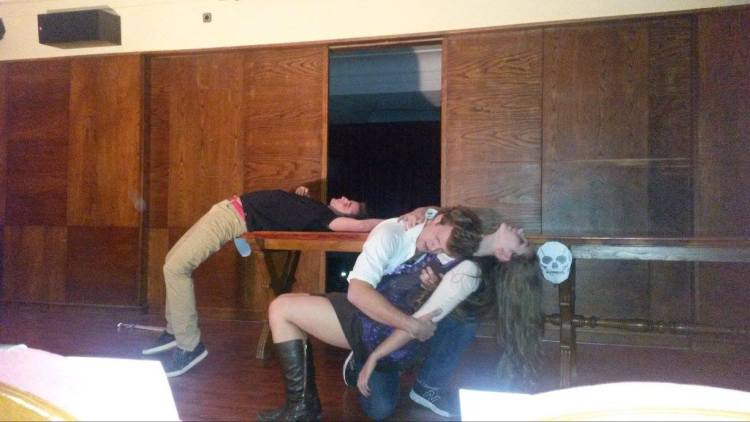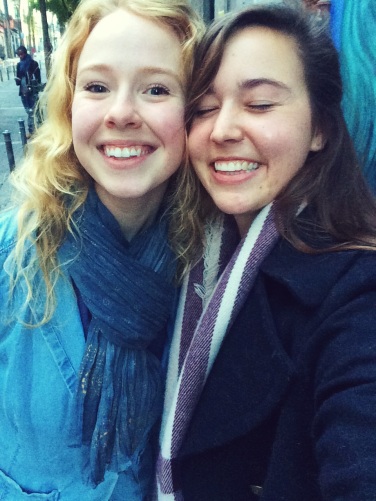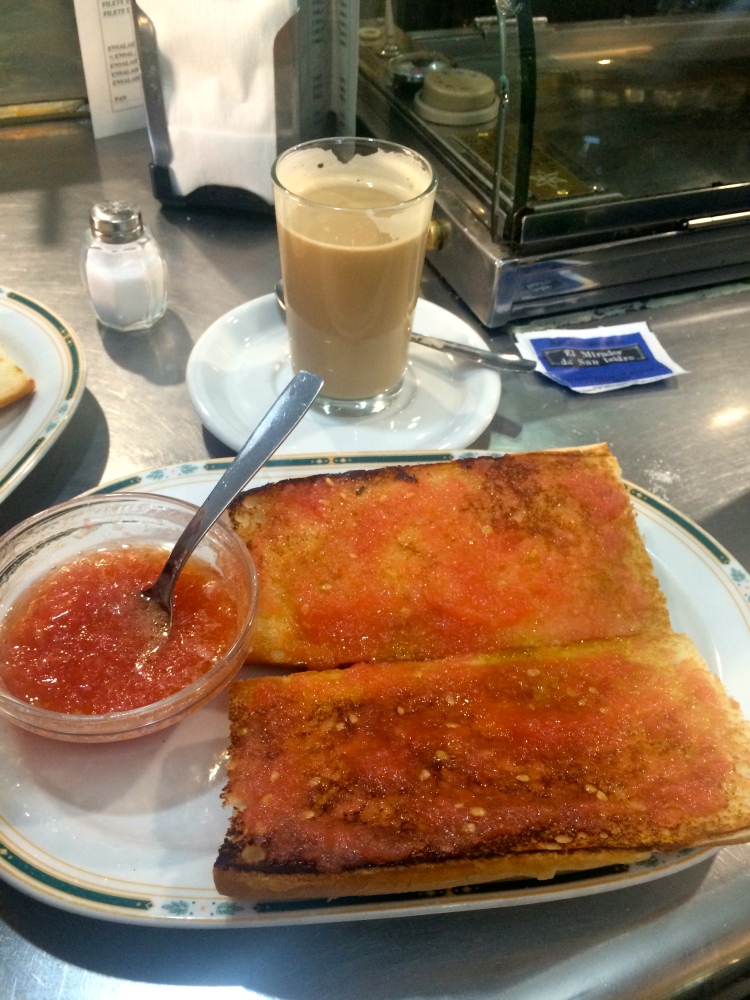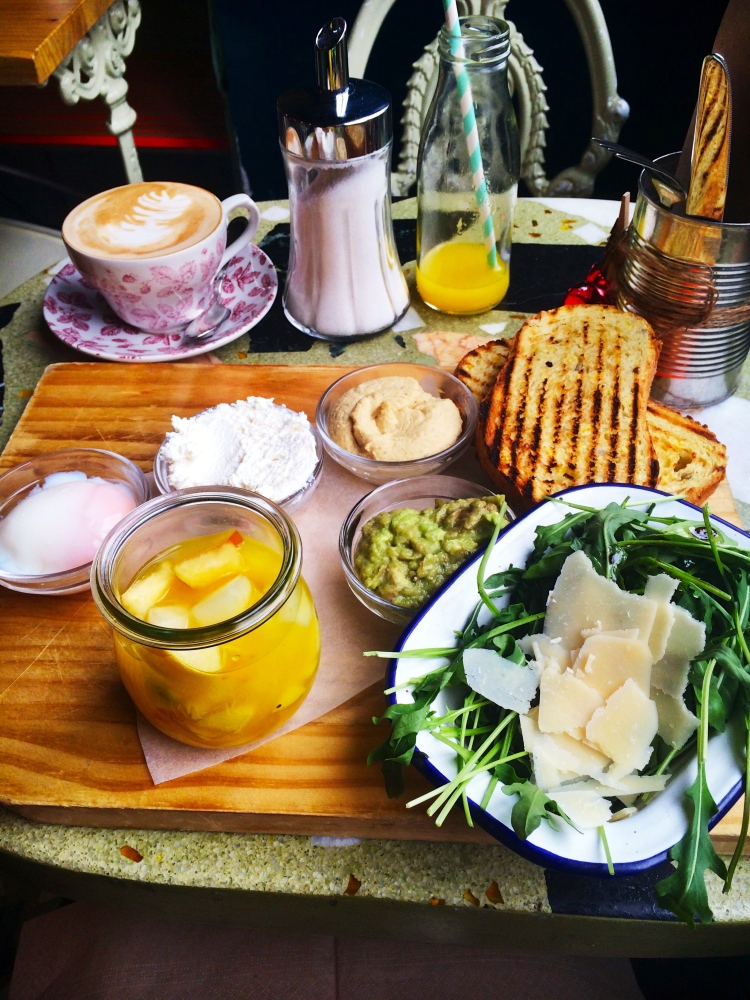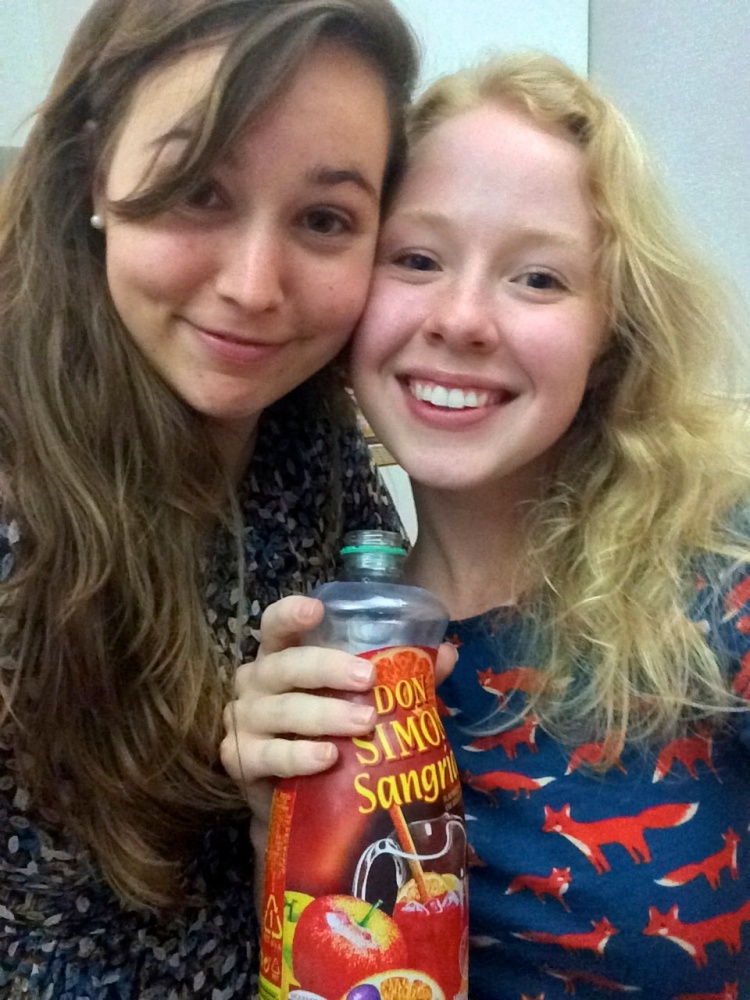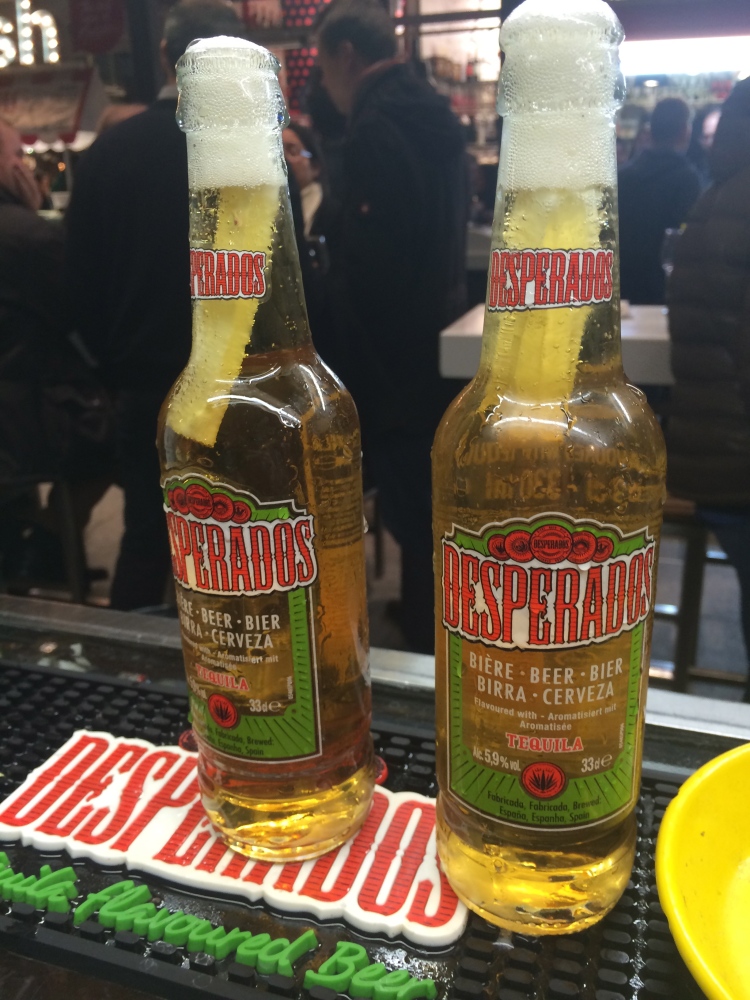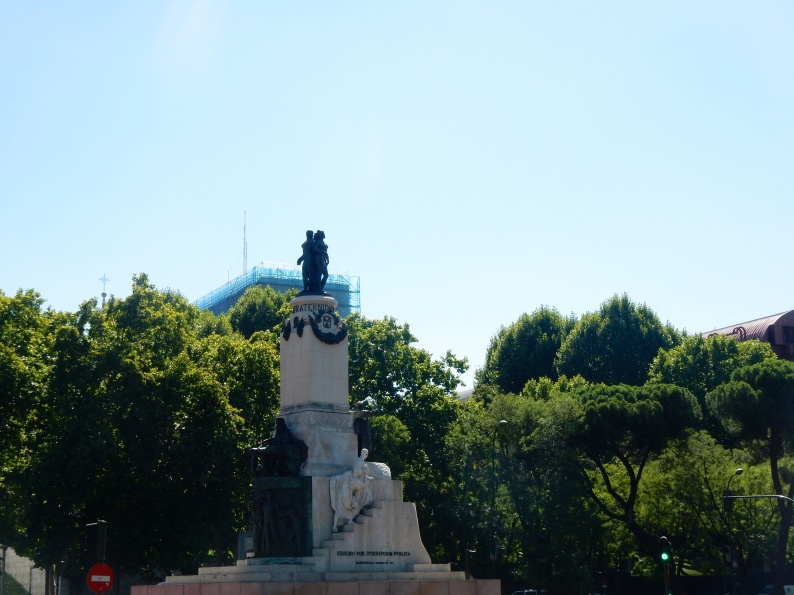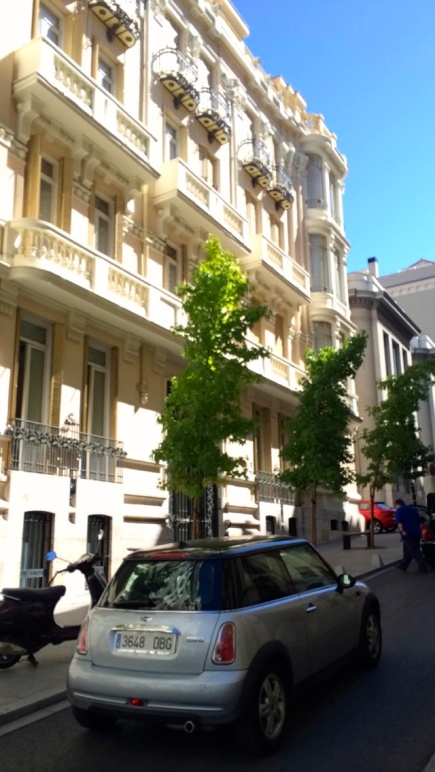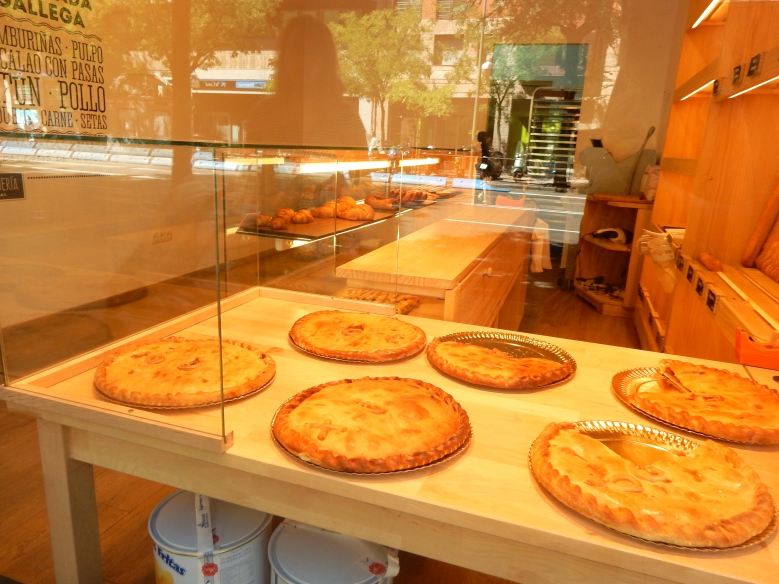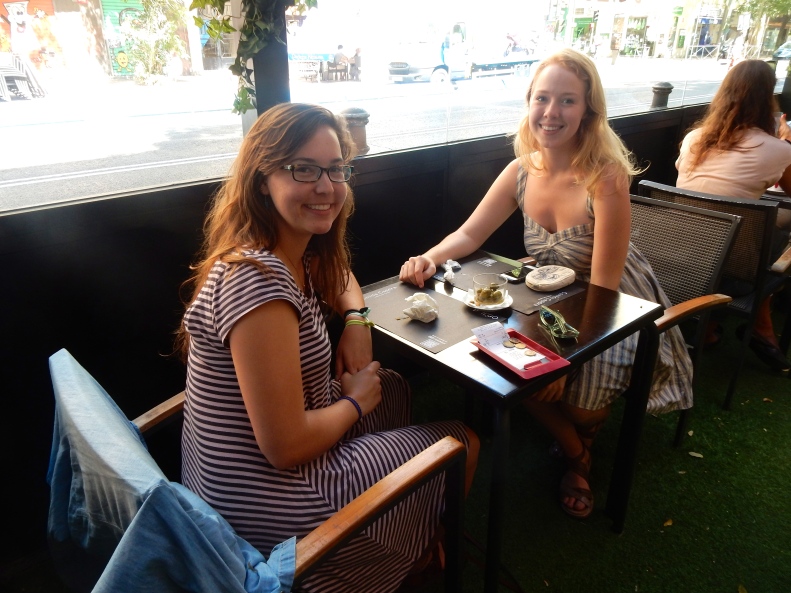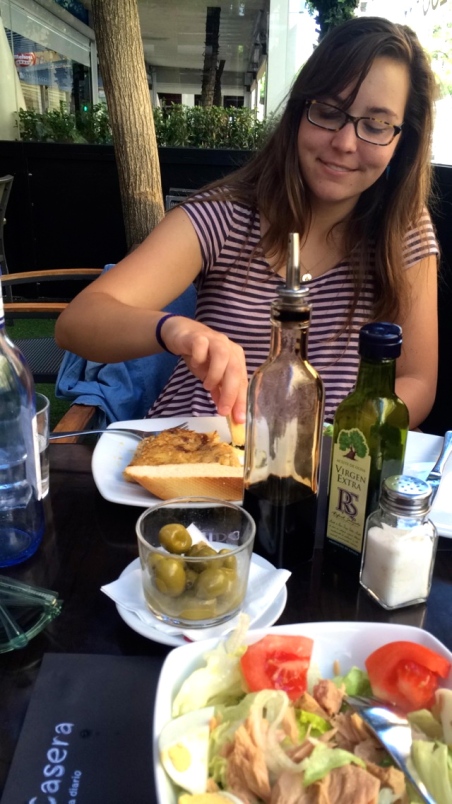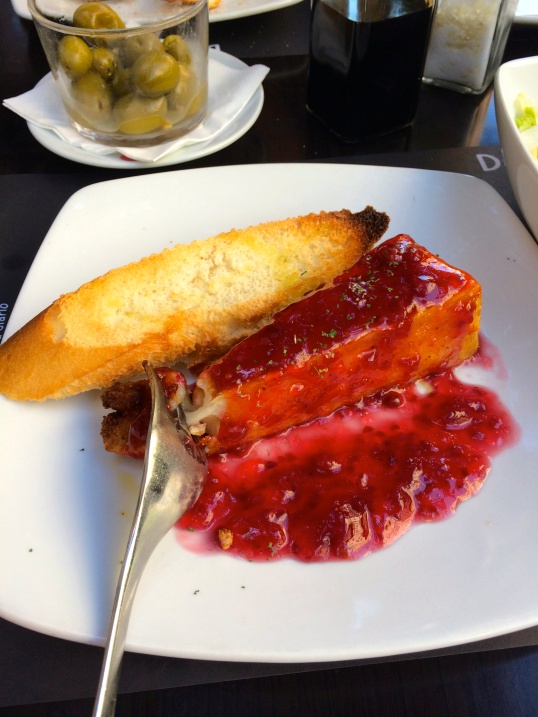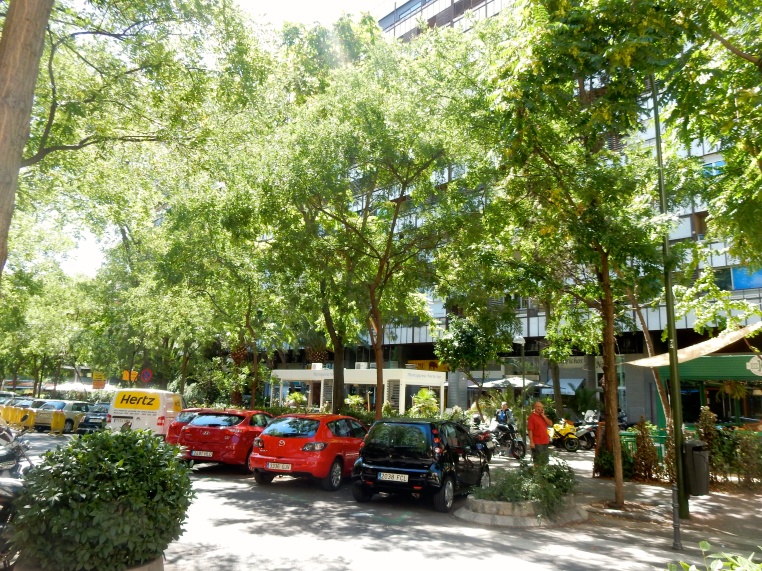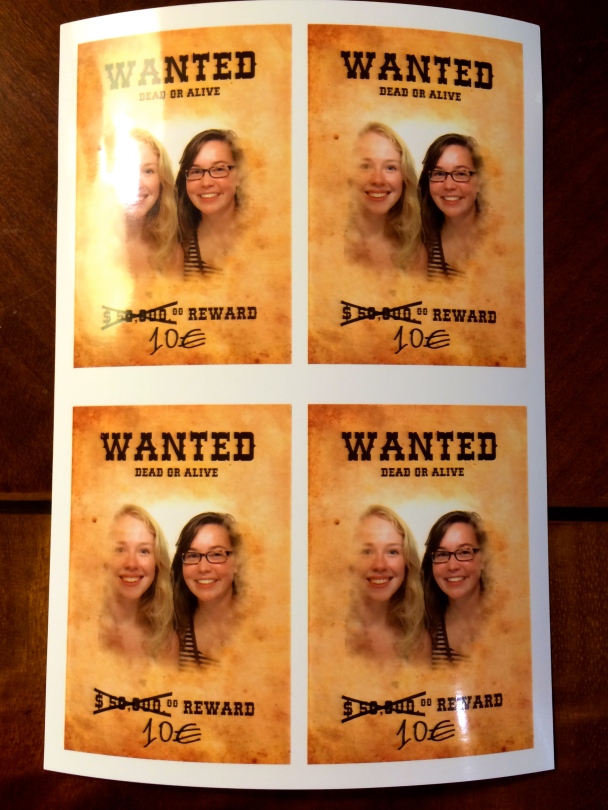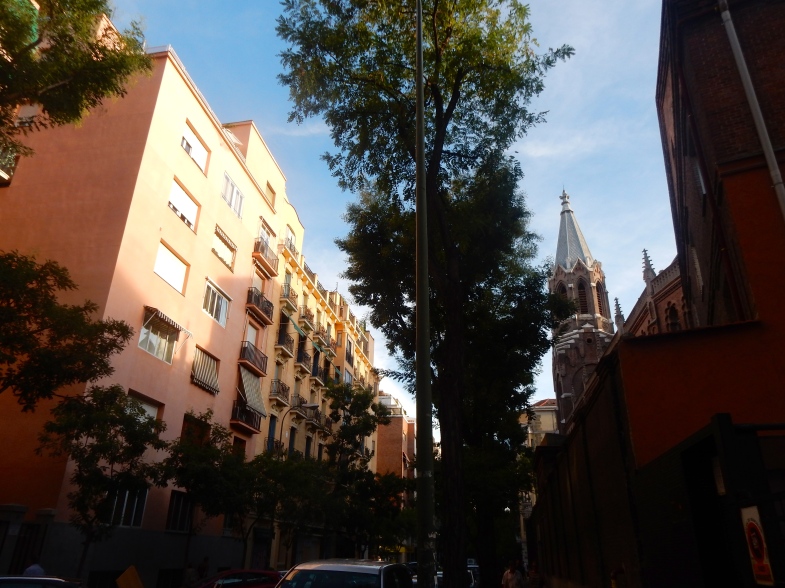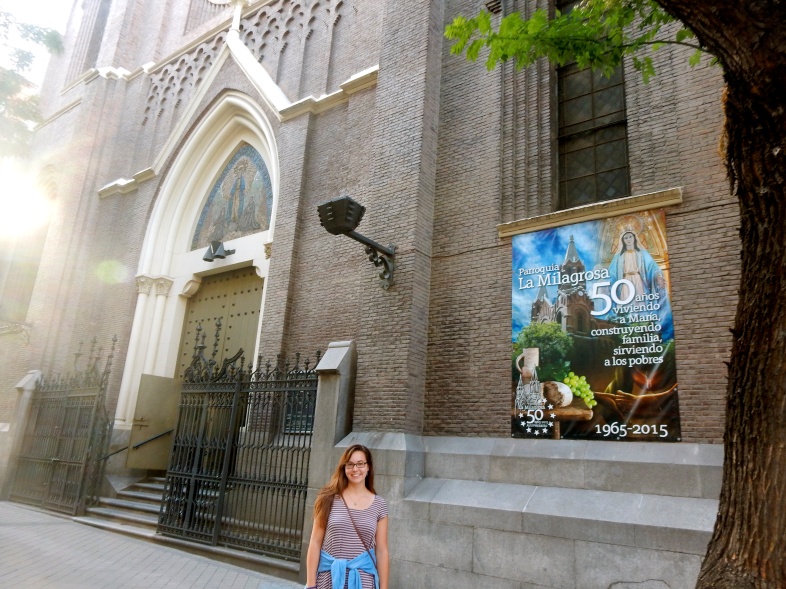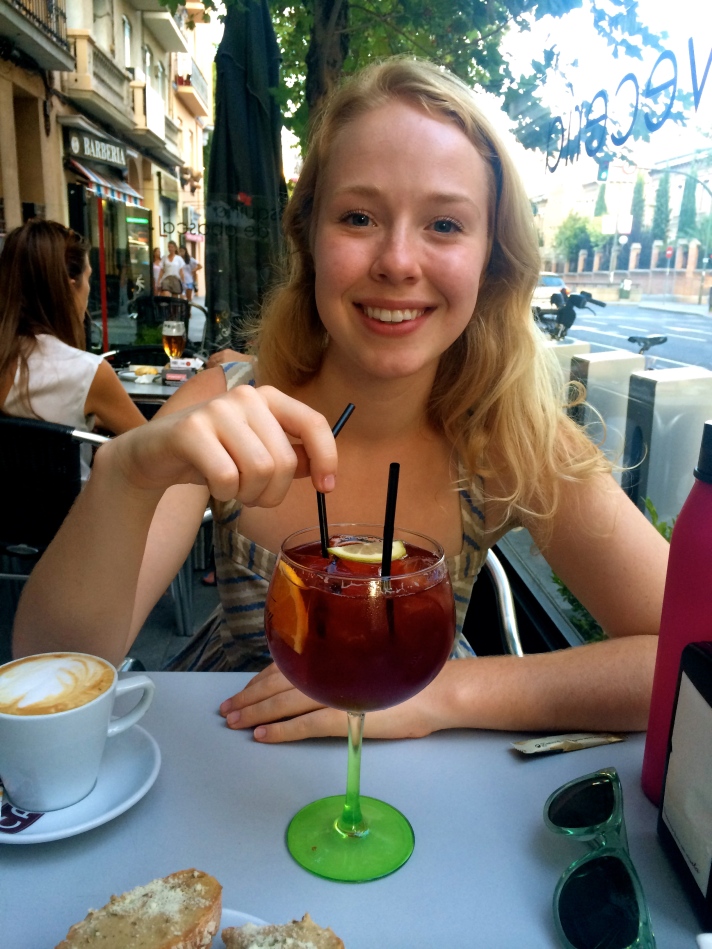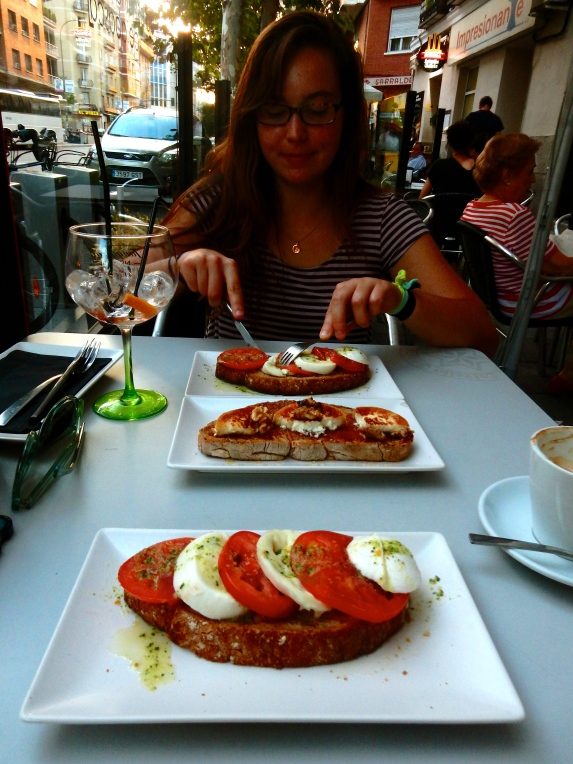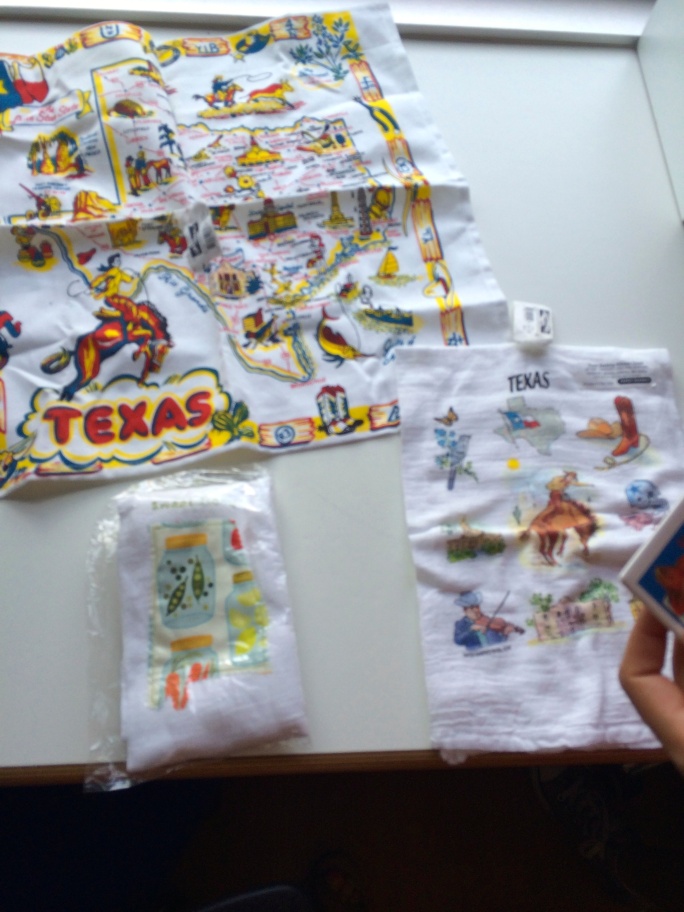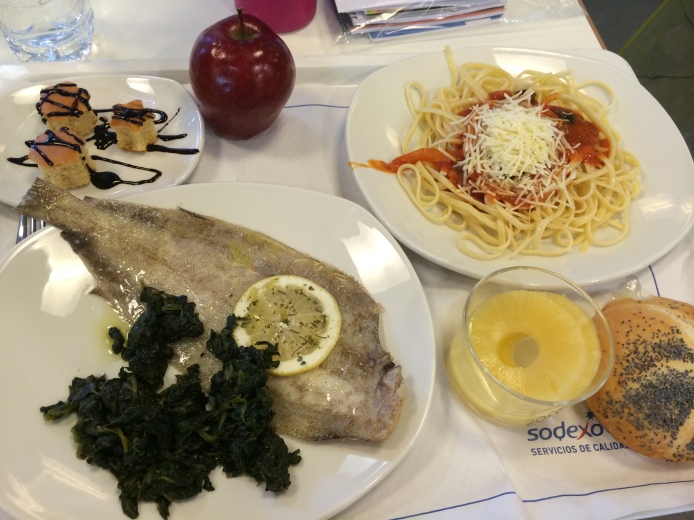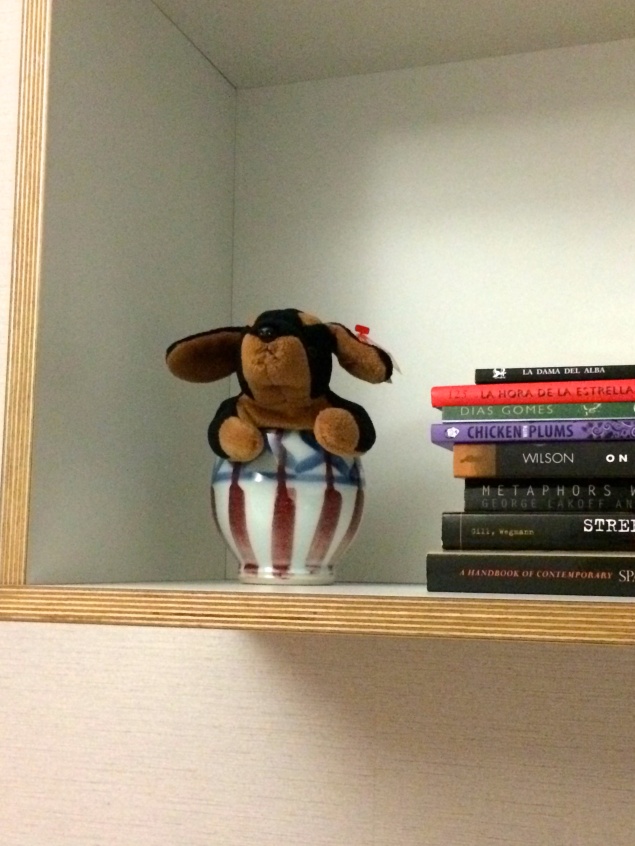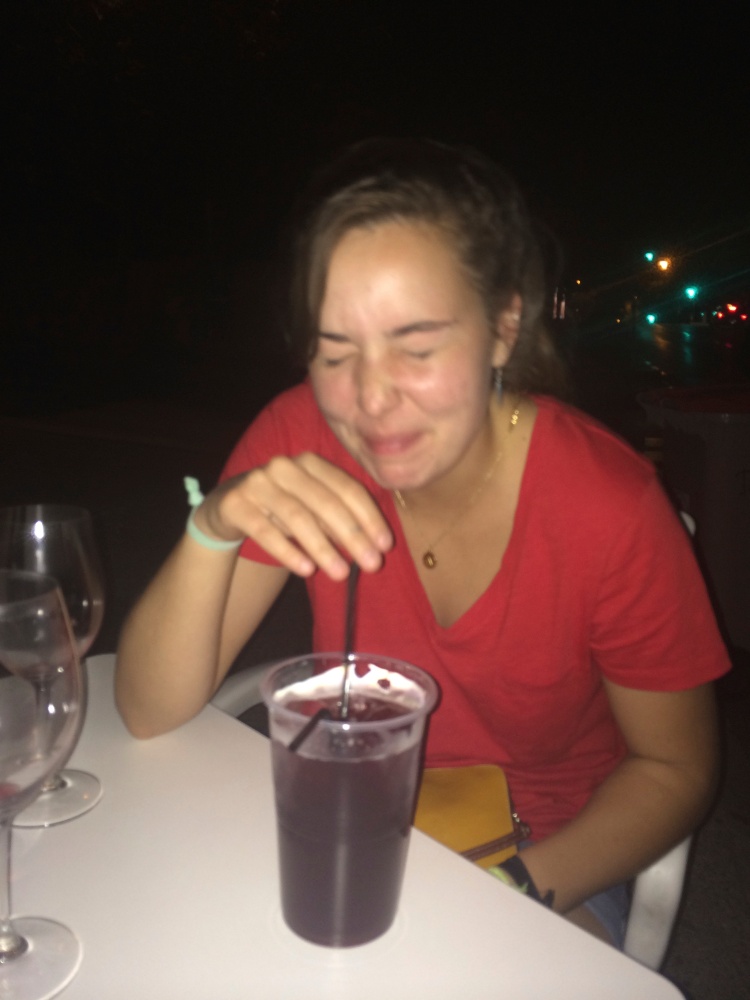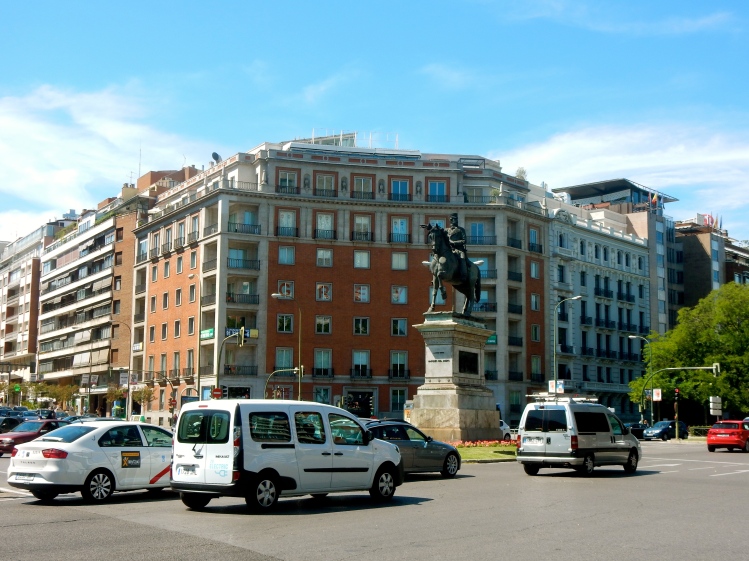Here’s a not-so-great, or perhaps in-the-end-great-but-shitty-in-the-moment part of studying and living abroad for a significant amount of time: the return back. I’m writing this not just for all the other students/world travelers/etc who already have or will soon have experienced this phenomenon, but also for the friends and family back home who may not have already experienced the bitter aftertaste of a return from a life abroad and may get offended or upset if I don’t explain what I’m about to explain.
Going home is shitty.
Now, I’m not saying home itself is shitty, or that I’m not feverishly excited to see family and friends, almost all of whom I’ve not seen for at least five months, some longer (Audrey, I really am damn proud of us for doing a long-distance friendship/basically a platonic relationship so well for so stinkin’ long–since May?!).
I’m not saying that part of me isn’t thrilled–THRILLED–to pick up certain parts of my life that I had to leave behind, and I’m not saying there aren’t amazing things back in Alabama/New Orleans that I couldn’t be more happy to reacquaint myself with: live music every night; incredible food of every variety so readily available (Spanish food just rubs me wrong after eating so much of it); finally starting Japanese this coming semester after wanting to since I was six watching Pokémon; finishing my Spanish major capstone; living in a new house–in a whole new neighborhood–in New Orleans; the festivals upon festivals in that great city; having a dog; not re-wearing the same 6 clothing items in slightly varied combinations; etc… I also am entering as a candidate for the first combined Spanish&Portuguese 4+1 Master’s degree at Tulane, whereby the two-year graduate school process is condensed into only one extra year (!!!), and will be starting my grad-level classes for that when I return, so I’m pretty pumped for that. And I’m finally committed to making a website for my writing/art–something I’ve been putting off for years–as soon as I’m back (and have slept a week, of course), which will hopefully keep me busy.
But, but but. As much as I have to return to, there’s quite a lot of richness that I’m leaving behind. The path back is often harder than leaving, and here’s some reasons why I’ll miss Madrid:
-Spanish. I mean, duh. This is the longest I’ve ever been fully submersed in a Spanish-speaking world, despite reading the occasional article or message in English from back home, practicing Brazilian Portuguese (shout-out to João on that), or sometimes dipping into English with American friends here (although, to toot our own horn, I think my roommate Alexa and I have done a very good job at attempting to speak in Spanish together as often as possible in our home stay and even on trips abroad). Unlike many countries in Europe in which English has become a sort of lingua franca for so many, Spain, especially in the more rural areas, is difficult if not impossible to meaningfully navigate without some advanced grasp of Castilian. I’ve studied Spanish for so long that I don’t know if my basics necessarily improved, but certainly the fluidity and ease with which my mind drops into Spanish now has been gratifying. Also, I love Spanish slang. ‘Vale’ (basically “ok” or “alright”), ‘ya está,’ ‘pues nada,’ etcétera are just such great fillers. João and I were admiring this the other day and looking for equivalents in English or Portuguese, and while they do exist, they’re not as ever-present or as necessary for the flow of speech as they are in Spanish. Maybe it’s because Spaniards just speak so damn fast that they need filler words and phrases to give them a bit longer space between thoughts, maybe it’s because it adds a musical-like repetition to the language, but whatever the case, I’ll probably still be dropping “vale’s” and “‘Ta logo’s” when I’m back until the awkwardness of no one understanding me beats it out of me…
–Public transportation. This is a common complaint of many who have lived in Europe, or any other area where public transportation is the main means of getting around, and then return to the States. Coming from the South, where infrastructure is even more notoriously bad than the country as a whole, cars have always been my default mode of getting around–practically a necessity in Birmingham and New Orleans. And I do love driving: there’s a sort of freedom, of real personal agency, and moreover it’s a great excuse to blast that new CD and give no shits about how you sound singing along. But I’ve gotten quite accustomed to using the Metro every day to get everywhere: you hop into the station, within 2-3 minutes pick up your metro, then can criss-cross your way to virtually anywhere in town in no more than 30 minutes. The metro and even the buses run precisely on time–perhaps ironic given that everything else here, including classes, runs slow by a quarter of an hour or more, “Spanish time.” As happy as I am to reignite my relationship with Fred, the white Honda Civic to whom I owe so much of my wild youth, I’m starting to have nightmares thinking about driving on those pot-holed roads of Uptown in NOLA…
-Cheap cheap cheap. Grocery haul that lasts a week for 30 euro?! Coffee for a euro?! Three-course prix fixe menús del día for 10 euro?! Paying 5 dollars for a Starbucks latte is something I will never again consider.
–Constant struggles: Suffering through challenge upon challenge, having your normal lifestyle uprooted, navigating a new country (hell, a new continent) in a second language: all of these at first sound difficult at best and terrifying at worst, but the truth is, living abroad keeps you on your toes. It forces growth, whether you thought you were ready or not.
–Ease of travel within Europe. Once you’re here, anything more than a four-hour flight to get anywhere would seem insane.
–Surprises: I’m a fiction writer, which also means I’m the person who knows the end of the movie halfway through, who figures out about surprise parties before they happen, doesn’t like to get her hopes up, etcetera because I’ve trained myself to guess the endings of things. It’s more of a curse than a blessing. In any case, I LOVE a true, honest surprise–mostly because they don’t come round that often. Throwing yourself in any new situation like this is bound to yield more than a few surprises. Mostly pleasant.
-Not having a tip culture–not in restaurants, not in taxis, never. Because service workers actually get a salaried wage here.
–Spanish bluntness: Growing up in the South with the dual expectations of 1. Southern sass but 2.Southern belle syndrome (aka passive aggressive insinuations and excessive apologies instead of confrontation) has always been a confusing thing for me, and I’ve picked up the particular habit of over-apologizing from it, throwing out sorry’s “just in case.” It’s more a cultural thing than anything, but it’s been a habit I’ve wanted to rid myself of for a while–I’m sure it annoys my friends who don’t understand that it’s more a gut impulse than me being excessively meek–and Spain’s been really good for that. If you throw out a “lo siento” when it’s not appropriate, a Spaniard will stop you and chide you for apologizing when it’s not necessary. This definitely happened a lot the first month or so in the home-stay, with Cristina and María out-right correcting me for saying sorry when it didn’t make sense, and I think it’s finally been beaten out of me. Which I think is good. After all, if you’re always saying sorry, doesn’t it water down the force of your truest, deepest apologies?
On the note of bluntness, Spaniards will pretty much blurt out their opinion on any and everything at hand. We might be watching a TV series and Cristina will blurt out “Qué fea!” (“How ugly!”) about an actress; or, with the recent elections, Cristina will often go around saying that it’s “all set up” and that the oil barons have already decided this election (she’s a bit of an self-proclaimed conspiracist). When it comes to meals, outfits, you name it, they are brutally honest: if they think something isn’t so great, they’ll say so. It’s a bit jarring at first, but it’s come to be refreshing to know that no one’s going to passive-aggressively refuse to admit their thoughts or qualms with something. I like it and I like that I’ve picked it up a bit.
Anyways. I’m saying all of this from experience, because it’s happened to me before. Even though it was for a shorter time, only a little over a month, my study abroad in Cuba (also through Tulane) involved plenty of culture shock upon arrival, but perhaps even more so upon returning. True, no longer was I more or less fending for myself in a foreign country, struggling with murky Cuban Spanish, or dying from the incomparable Caribbean heat. But I desperately missed (and even now, still do) Cuba, that island with such fama: the Malecón at sunset, the best show in town where all manner of Cubans congregate by the boardwalk to overlook the bay; wandering around our neighborhood of El Vedado and marveling at the deteriorating mansions; the crystalline beaches at Varadero where we went to veranear for a weekend. These treasures don’t yield themselves so easily to being forgotten, but they also never quite reveal themselves to our loved ones in the way that we’d like. We can show them pictures hour on the hour, explain how Cuba “was something else,” how it changed us, tell them anecdotes of that time we were so drunk off of dark Havana club rum that we had to take a máquina home while our roommate cradled our head (Caroline, don’t think I’m not constantly thinking of a good way to properly pay you back for that kindness), and yet–a space remains. And that’s only normal, but it is that very space that makes the return so murky.
Although I believe that the culture shock from Cuba was much greater–there’s a lot of reasons for that–I have spent more time in Spain, so it’s hard to say whether it will be easier or harder to readjust to life back home this time ’round than my last stint abroad. Something many of my study-abroad friends and I have worried about together lately, the fear saturating our recent meals, is that relationships and friendships, dynamics, family situations, etc. will have changed or somehow deteriorated while we’ve been gone. The fact of the matter is, that is completely possible. Aside from maintaining in regular contact with a select few friends via texting, Whatsapp voice messages (a MUST, y’all), and the occasional Skype or Whatsapp call, I’ve not kept up much with those I care about, despite best efforts on both sides; I’ll see things on Facebook about specific events in friends’ lives or, in the news, articles about current political and cultural furor in America, and yet obviously none of that adds up to a complete picture of home (if we are ever truly allowed a complete picture of anything… sorry, waxing philosophical). The possibilities of whatever you might be returning to run any part of the gamut, so much so that you have to realize it for what it is at the risk of maddening yourself: out of your control.
There’s also something maddening about the space, a space that never seems fully closed even after we’ve returned: we close the space between us and “home,” the old home, only to find a new rupture between our new selves and our new home, our new family. And I really do mean that. It’s not just the friends, Spanish, International, and fellow Americans, that I will miss; I’ll miss Cristina and María as much as any daughter would miss her mother or sister, because, well, we ARE family now. The fact that Alexa is also staying in Spain for the next semester only makes it harder to say goodbye, although at least we have the prospect of living together again in less than a year to look forward to (and you better know that we’re gonna rule the block). These leavings are inevitable. That is the price of leaving: we become fractured selves, fractals, multi-faceted in a new way.
But eventually these quirks, these gaps, these ruptures, all become folded into the bigger weaving of our lives. We come to accept that many, really the immense majority, of the people we will be around back home have not had our particular experiences, and to both never, ever begrudge them for that nor forget the special bond of those with whom we made these memories (Alexa, I’m looking at you–very serious about speaking in Spanish together when we’re rooming again in the NOLA house next fall!). We meet in the middle: we are never wholly the people we were before, nor solely this new identity, but some amalgam, perhaps messy at first, but (hopefully) a more cohesive self as time goes on. The question of space somehow loses its relevancy when we realize that everything–everything we’ve experienced, all that we’ve learned, the people we’ve loved, the languages we’ve picked up, and the pieces of ourselves we’ve lost along the way–is connected, even if we cannot yet quite articulate how.
P.S. My traveling days are far from over.

Marbella Beach, Barcelona.
“Al final de este viaje”// “At the End of this Journey”: an album I listened to on-repeat before leaving Cuba. It’s been making the rounds again on my iPod recently.





